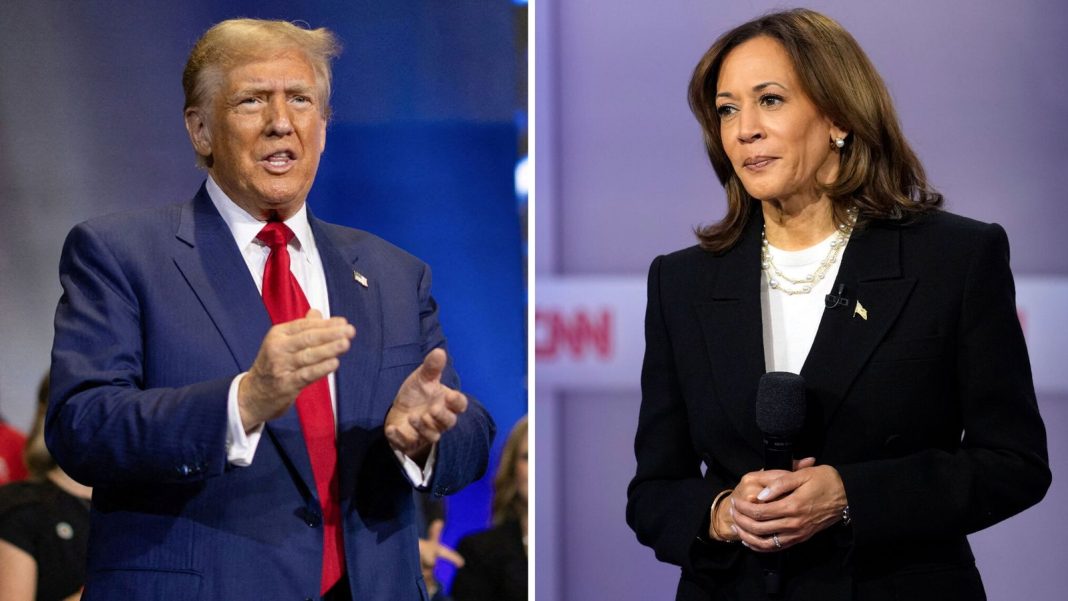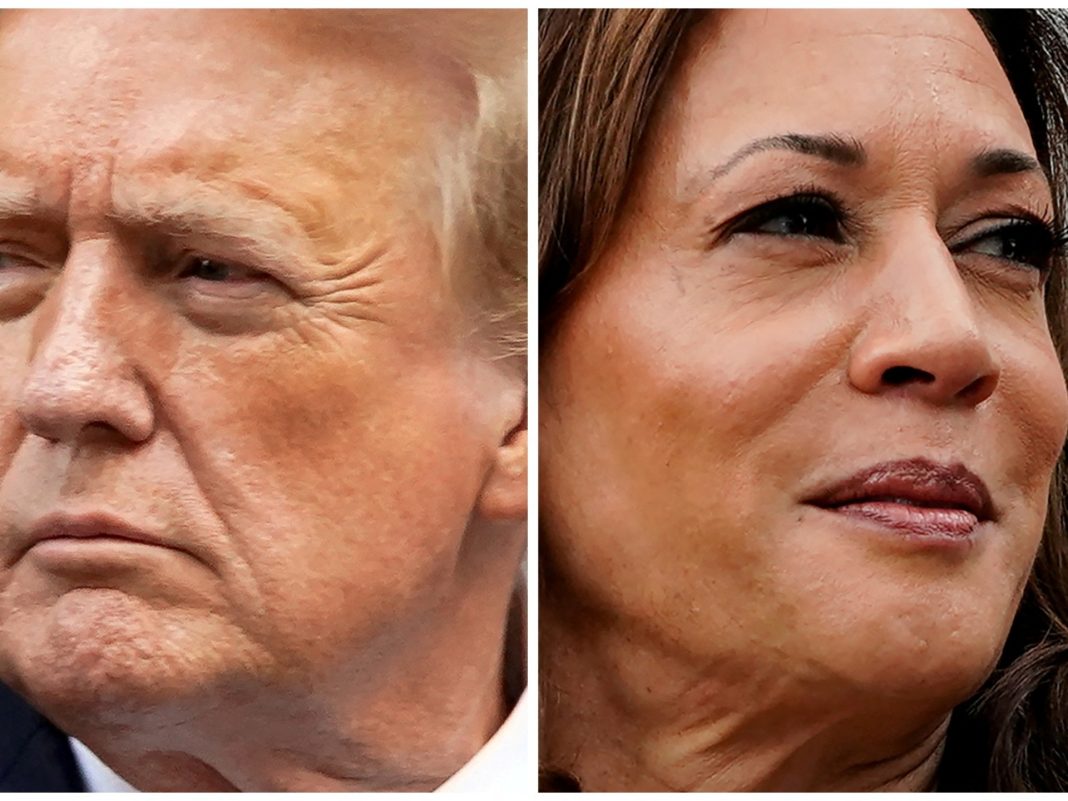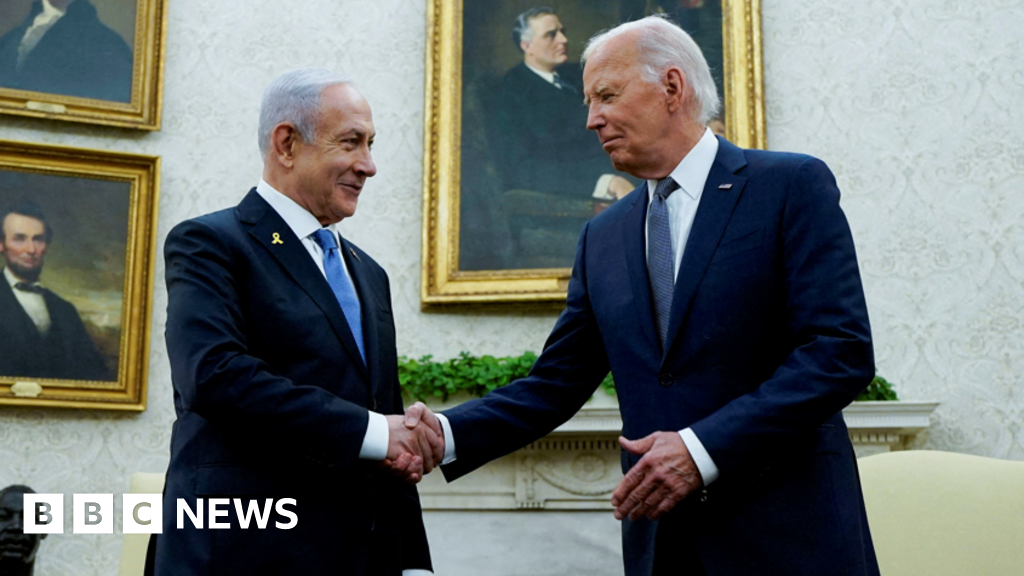Tensions Rise as U.S. Election Approaches: Will November 5th Spark Unrest?
As the countdown to the pivotal U.S. election on November 5th ticks away, questions about potential unrest loom large. With the nation more divided than ever, many are left wondering: has America learned its lesson from past electoral turmoil, or are we on the brink of another crisis? Our U.S. correspondent, Mark Stone, weighs in on the current state of affairs, shedding light on the deep societal fractures that could shape the election’s outcome.
A Nation Divided
The phrase "civil war" is thrown around with alarming frequency these days, but according to Stone, we’re not quite there yet. However, the underlying tensions are palpable. The U.S. is grappling with a profound divide, not just politically but also geographically, with an urban-rural split that runs deeper than ever. This division is exacerbated by a growing mistrust among different factions, leading to a siloed society where people are less inclined to engage with opposing viewpoints.
Stone notes that this disconnect is often overlooked, especially by those who are not immersed in the daily conversations happening across the country. The mainstream media, once a unifying force, has become deeply partisan, leaving many Americans to turn to online sources for their news—a trend that raises concerns about the health of public discourse.
Erosion of Democratic Institutions
One of the most alarming aspects of the current political climate is the erosion of trust in key democratic institutions. Stone points out that many Americans are questioning the integrity of the electoral and judicial processes, a sentiment that has been fueled by one of the candidates in this election. Donald Trump, who has consistently undermined these institutions, is once again a formidable contender for the presidency.
During his previous term, the courts and military stood firm against attempts to compromise democratic norms. However, should Trump win this time, there’s a real fear that he would appoint only those officials who are loyal to him, further destabilizing the already fragile balance of power.
The Risk of Unrest
As we approach the election, the potential for unrest is a pressing concern. Stone suggests that the results are likely to be close, which could lead to recounts and accusations of fraud—especially if Trump loses. Given the mistrust he has cultivated, any narrow victory for his opponent, Kamala Harris, could ignite a firestorm of claims and legal battles, reminiscent of the chaos following the 2020 election.
On the flip side, if Trump emerges victorious, we could see a wave of protests from the left, who may view his policies as a dangerous slide toward authoritarianism. The specter of unrest is real, with memories of the January 6th Capitol riots still fresh in the minds of many Americans.
Conclusion: A Lesson Unlearned?
So, does the upcoming election have the potential to spark unrest? According to Stone, the answer is a resounding yes. And when it comes to whether the U.S. has learned its lesson from past experiences, the outlook is grim. The deep-seated divisions, the erosion of trust in institutions, and the potential for violence all point to a nation still grappling with its identity and future.
As November 5th approaches, the stakes have never been higher. The outcome of this election could very well determine not just the political landscape, but the social fabric of the nation itself. With tensions running high and trust at an all-time low, one can only hope that the lessons of the past will finally resonate with the American electorate.



